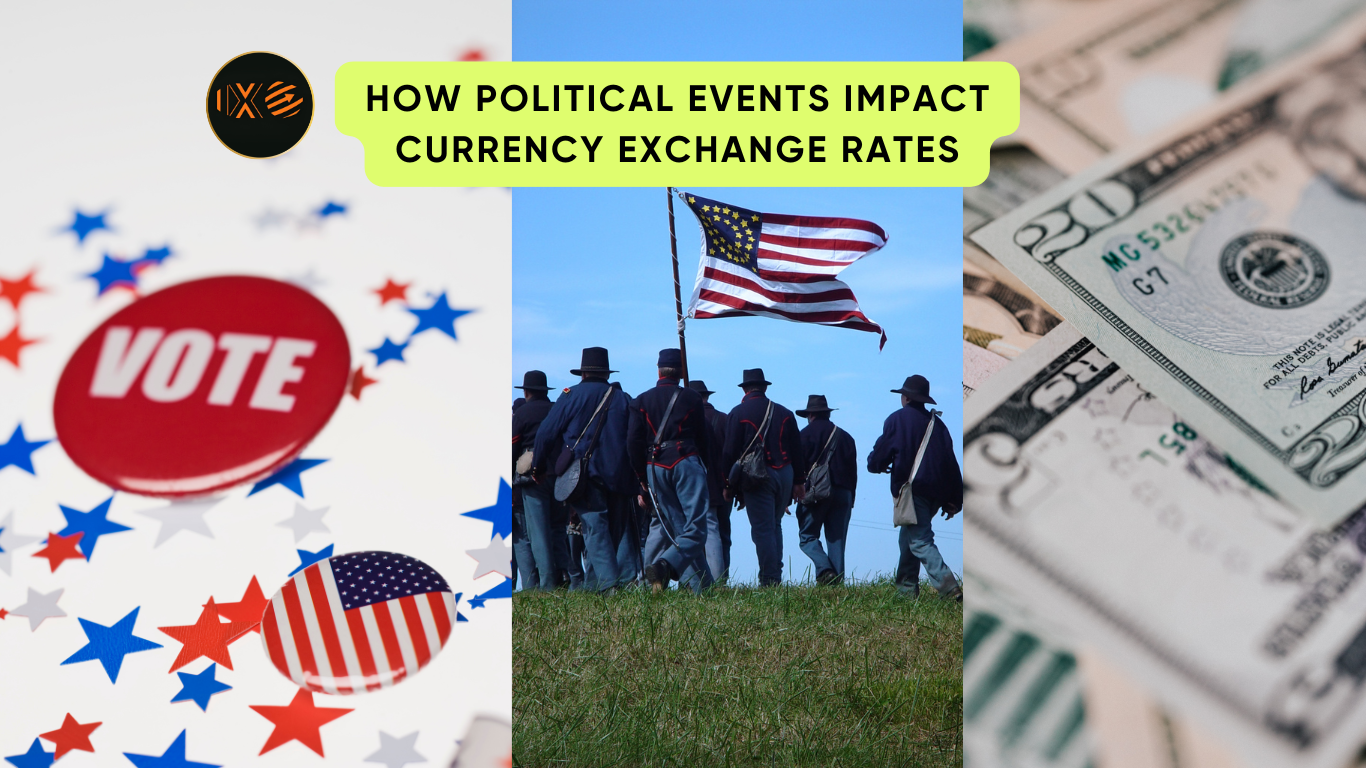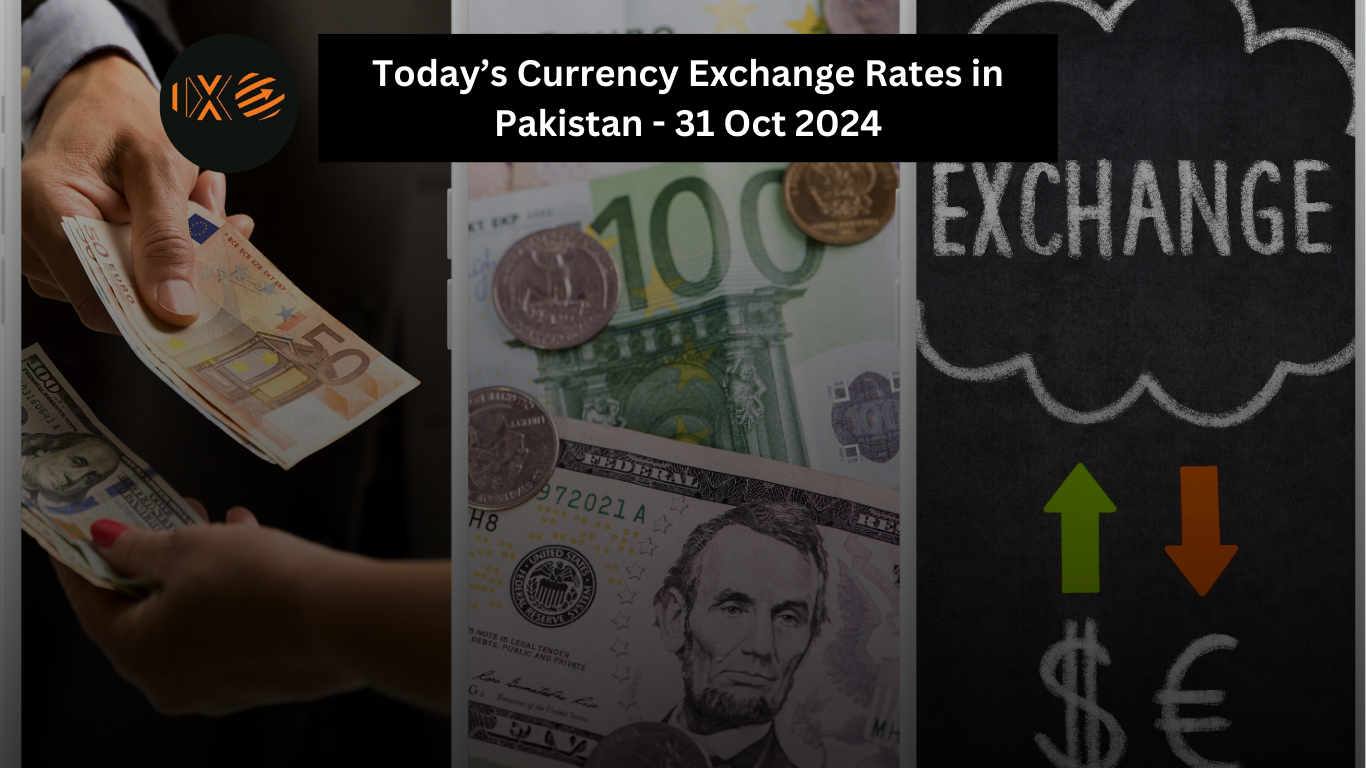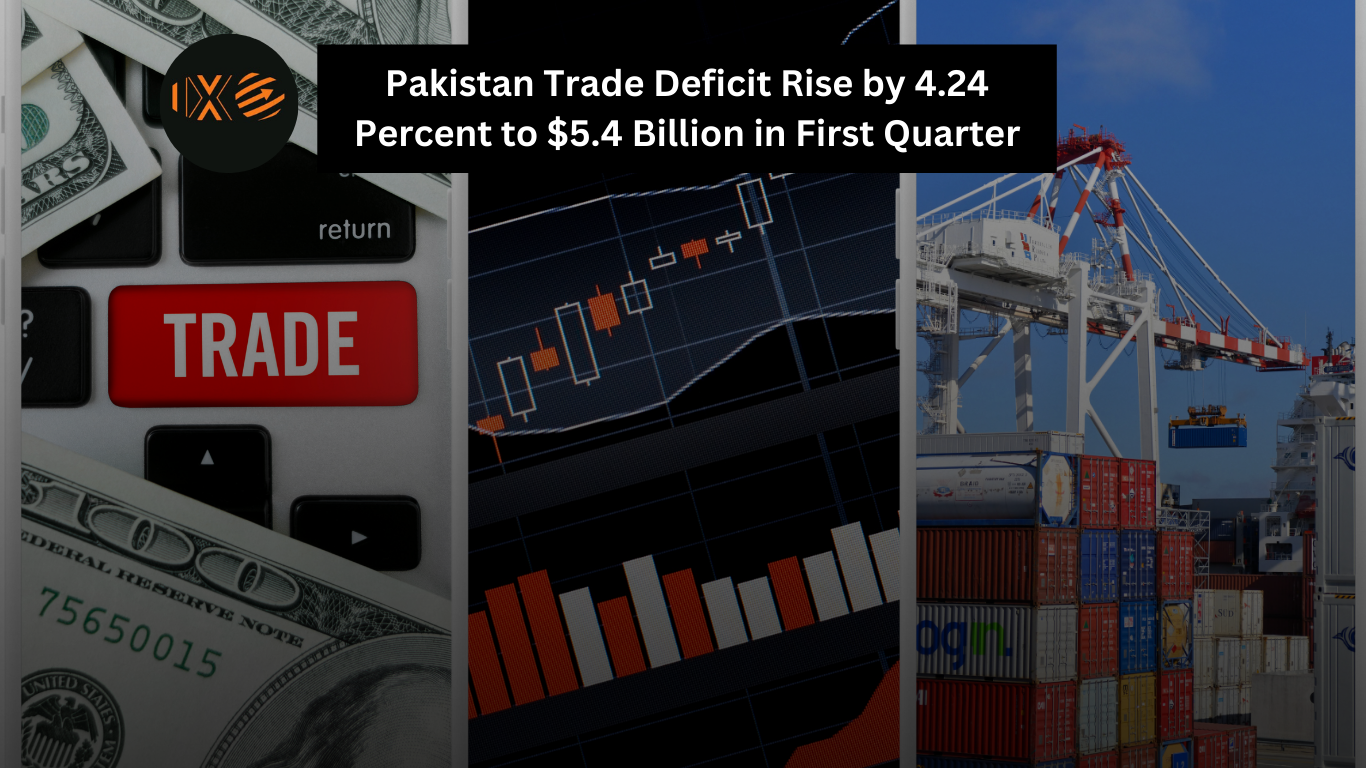Introduction to Political Influence on Currency Exchange Rates
Political events significantly influence global currency exchange rates, often causing sharp fluctuations in value. From elections to geopolitical tensions, political instability can affect market confidence, leading to changes in supply and demand for different currencies. This blog delves into how political events impact currency exchange rates, examining both short-term and long-term effects. Understanding these dynamics is crucial for businesses, investors, and travelers who rely on stable exchange rates.
In the global economy, currency values are never static. They fluctuate based on numerous factors, with political events being one of the most impactful. This first paragraph introduces the core theme: how political changes and events influence the currency exchange rates worldwide.
How Political Events Affect Supply and Demand for Currency
Currency exchange rates are driven by the fundamental forces of supply and demand. When political events occur, they can directly affect investor confidence in a country’s economy. Political stability often attracts investment, while instability can drive capital outflows. This shift in investment influences the demand for a currency, which in turn impacts its exchange rate.
Elections and Their Immediate Impact
Elections are a prime example of how political events can shape exchange rates. In democratic nations, elections bring uncertainty about future policies, which can influence investor behavior. For example, an election result favoring a candidate who promises economic reforms can boost investor confidence, causing the national currency to appreciate. Conversely, an election leading to instability or uncertainty can result in a depreciation of the currency.
Government Policies and Currency Exchange
Government policies, especially those related to trade, taxation, and monetary regulation, have a direct impact on currency values. When a government introduces business-friendly policies, foreign investors are more likely to invest in that country’s economy. This inflow of capital increases the demand for the currency, resulting in a stronger exchange rate. On the other hand, protectionist policies, trade wars, or heavy taxation can discourage investment, weakening the currency.
The Role of Political Instability in Currency Depreciation
Political instability often leads to currency depreciation. Uncertainty around government policies, leadership transitions, or internal conflict can cause investors to pull out their investments. This leads to a drop in demand for the local currency, reducing its value.
Case Study: Brexit and the British Pound
The 2016 Brexit referendum is one of the most striking examples of how political events can affect currency exchange rates. Before the vote, the British pound was relatively stable. However, when the referendum passed, leading to uncertainty over the United Kingdom’s future in the European Union, the pound dropped significantly. Even years after the initial vote, the pound has struggled to regain its former value, showcasing the long-term impacts of political events on currency exchange.
Geopolitical Tensions and Currency Volatility
Geopolitical tensions, such as wars, diplomatic standoffs, or trade wars, have a significant impact on currency exchange. When nations are embroiled in conflict or face economic sanctions, it reduces market confidence in their economies. Investors may move their assets to safer currencies, leading to a decline in the affected country’s exchange rate.
For example, tensions between the United States and China have caused the Chinese Yuan and the US Dollar to fluctuate dramatically. Trade wars and sanctions directly impact import and export dynamics, which further affects the demand and supply of the currencies involved.
Central Banks and Political Decisions
Central banks play a critical role in stabilizing currencies during political upheaval. While central banks are generally independent, their actions can still be influenced by political decisions. When a government announces new fiscal policies or tax reforms, central banks may adjust interest rates to either curb inflation or stimulate the economy.
The Impact of Interest Rates on Exchange Rates
Interest rates set by central banks directly affect a country’s exchange rate. When a country raises its interest rates, it often attracts foreign investment, as investors seek higher returns. This inflow of foreign capital increases the demand for the country’s currency, causing it to appreciate. Conversely, when interest rates are lowered, it becomes less attractive for foreign investors, leading to currency depreciation.
Political events that signal a change in monetary policy, such as elections or changes in government leadership, can influence a central bank’s decision to adjust interest rates. This connection between politics and monetary policy creates a cycle that directly affects currency exchange rates.
Trade Agreements and Their Influence on Currency Exchange
Trade agreements between nations can also have a profound impact on currency exchange rates. When two countries sign a trade deal, it often leads to increased economic cooperation and investment between them, which can stabilize or even strengthen their currencies.
NAFTA and Its Effect on Currency Exchange
The North American Free Trade Agreement (NAFTA), which was later replaced by the US-Mexico-Canada Agreement (USMCA), is an example of how trade agreements can impact currency exchange. The agreement facilitated trade between the US, Mexico, and Canada, leading to a strengthening of the Mexican Peso and the Canadian Dollar against other global currencies. Political events surrounding the renegotiation of NAFTA created uncertainty, which caused fluctuations in currency values until the new agreement was finalized.
Political Sanctions and Currency Decline
Political sanctions imposed by one country on another can have a crippling effect on currency exchange rates. Sanctions typically limit a country’s ability to trade or engage in international finance, reducing foreign capital inflows. This creates a significant demand shortfall for the sanctioned nation’s currency, leading to rapid depreciation.
The Russian Ruble and Western Sanctions
The 2014 sanctions imposed by the West on Russia in response to its actions in Ukraine caused the Russian Ruble to lose significant value. The sanctions, which restricted Russia’s access to foreign markets and financial systems, reduced demand for the Ruble. As a result, the Ruble experienced a sharp decline, which has only partially recovered in the years since.
Sanctions show how political decisions can isolate a nation economically, with immediate consequences for its currency.
Currency Exchange and International Relations
International relations also play a critical role in determining currency exchange rates. When two nations maintain positive diplomatic relations, it often leads to stronger economic ties and a stable exchange rate between their currencies. Conversely, strained relations can weaken currency values.
The US Dollar and Global Diplomacy
The US Dollar is considered the world’s reserve currency, and its value is highly influenced by international relations. Positive diplomatic relations between the United States and other countries help maintain the strength of the dollar. However, when relations sour, such as during a trade war or diplomatic standoff, the dollar’s value can fluctuate.
The Role of the Media in Political Events and Currency Exchange
The media has a significant impact on how political events are perceived, and this perception can influence currency exchange rates. Negative media coverage of political instability or economic mismanagement can drive investor sentiment, causing shifts in currency values.
Social Media and Market Reactions
In recent years, social media has become a powerful tool in shaping market reactions to political events. Tweets or statements from political leaders can cause immediate reactions in the currency markets. For instance, tweets from prominent leaders during trade negotiations can lead to fluctuations in currency exchange rates as markets respond to perceived risks or opportunities.
Conclusion
Political events have a profound and immediate impact on currency exchange rates, influencing both supply and demand in the global market. From elections and government policies to international trade agreements and sanctions, political instability or uncertainty can cause significant fluctuations in a nation’s currency value. Investors and businesses must closely monitor political events, as these can shape the future of currency exchange rates.
Islamabad Exchange Company: Your Trusted Partner in Currency Exchange
Islamabad Exchange Company is your go-to choice for currency exchange in Islamabad. We serve a wide range of sectors, including E9, E11, F11, F-10, F-8, F-7, F-6, F-5, G-5, G-6, G-7, G-8, G-9, G-10, G-11, G-13, H-8, H-9, I-8, I-9, and I-10. Our services also extend to the Blue Area, Rawalpindi, and Peshawar.
We prioritize customer satisfaction and ensure a seamless experience for all your currency transactions. Our services range from traditional money changers to modern foreign exchange solutions. If you’re looking for money exchange near you, our branches in the Blue Area and F-10 are conveniently located. We offer competitive rates for a variety of currencies, including USD to PKR, GBP to PKR, EUR to PKR, SAR to PKR, AED to PKR, AUD to PKR, CAD to PKR, Thai Baht to PKR, Yuan to PKR, Yen to PKR, and Lira to PKR.
- Fast, secure currency exchange at competitive rates
- Real-time rates at isbexchangeco.com
- Smooth, transparent, and reliable service
For any inquiries, contact us at:
- 051-2809751-52
- 051-2105491
- 0330-1112227
Quick Links:
- Home: Learn more about our services and get real-time updates on exchange rates.
- About Us: Discover our mission and commitment to providing secure and competitive currency exchange services.
- Contact: Reach out to us with any queries or for assistance with your currency exchange needs.
- Blog: Stay updated with our latest articles and tips on currency exchange and financial management.



